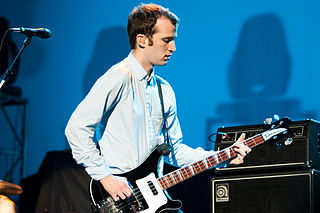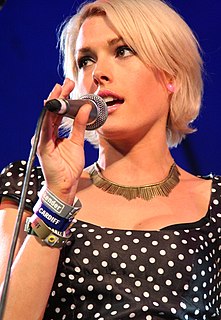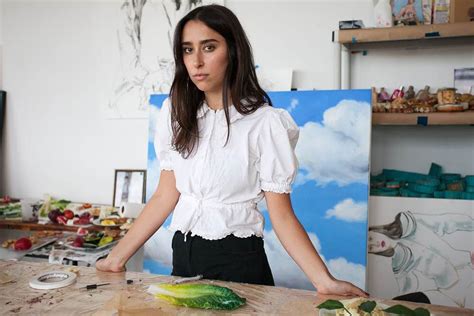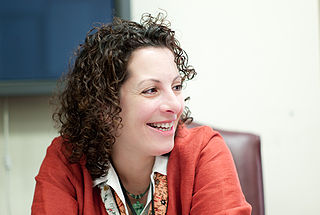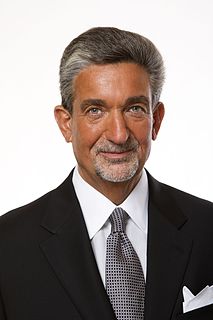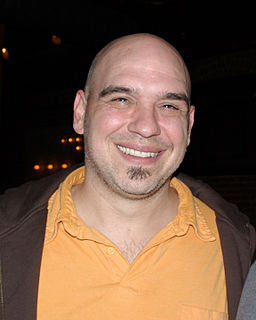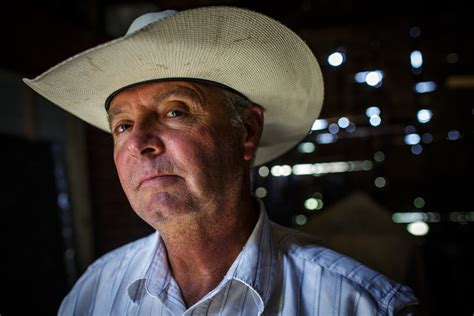A Quote by Anthony Bourdain
Chefs are fond of hyperbole, so they can certainly talk that way. But on the whole, I think they probably have a more open mind than most people.
Related Quotes
I'm not the type to generalise about an entire generation. I think the most general thing I can say, is that things are way more dispersed, and way more de-centralised than they were twenty years ago. I don't really feel like people talk about my generation the way people would talk about Generation X in their early 90's when Nirvana blew up. I feel like there was an easier, more coherent narrative to find, than you can now.
Sex is more openly spoken about than 40, 50 years ago, and I think probably in comparison to a lot of bands - certainly other contemporary pop girl bands - we're certainly not as suggestive. We talk about sex in the way that we would to our friends. As a girl group, I think it was important not to avoid those sort of things either, because it's about confronting people's idea of what women should be talking about and how they should talk about it. There's no point in shying away from subjects like that, because they exist.
I drink much less than most people think, and I think much more than most people would believe. I am quite sincere about some of the things which people take very lightly, and almost insultingly unconcerned about some of the things which people take most seriously. In short, I am basically antisocial: certainly not to an alarming degree , but just more so than I appear to be.
I think seeing is about truly looking, observing, and taking things in with an open mind. It's easy to see things at face value but some of the most beautiful things are not apparent at first glance. The works that stick with me and that I find to be most beautiful are often not aesthetically inviting right off the bat. So I think having an open mind and allowing the lines to blur between art, music, fashion, food, what have you, all leads to cultivating a much more open and enjoyable aesthetic sensibility.
Today, if you listen to sports talk radio, they are not talking the right way about most women's sports. Those people will retire, or frankly a lot of them are getting fired or laid off - and we'll get younger people into key media positions who are more egalitarian, more open minded, more respectful.
Chefs hate desserts. The smartest thing a chef can do is hire a great pastry chef. Cooking savory food is all about feel - you season something, you taste it, you go back in and adjust, more butter, more olive oil, more acid, whatever you want to get it to taste the way you want. Pastries are like a science project. To me, the greatest chefs are the ones who have the greatest feel for food, while the greatest pastry chefs have to be people that are extremely precise.
Poetry is basically built out of what I think of as being a fairly political act at its core: "I'm not going to listen to how you described things. I'm going to look at them much more intensely and carefully than most people do, and certainly more intensely than our culture wants us to." The mission of the poem, of course, is to try to find the way to do that in the smallest amount of space possible.
I think failing the qualifying or the 11-plus actually hurt me more than I realised. After I'd become a professor of physics at the Open University, I suddenly thought, 'This is a bit silly.' So I suddenly became much more open about it. But I think probably I was hurt by the failure and didn't want to talk about it.

